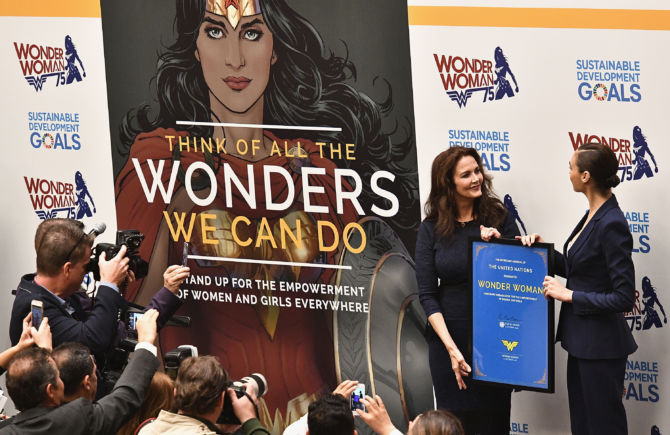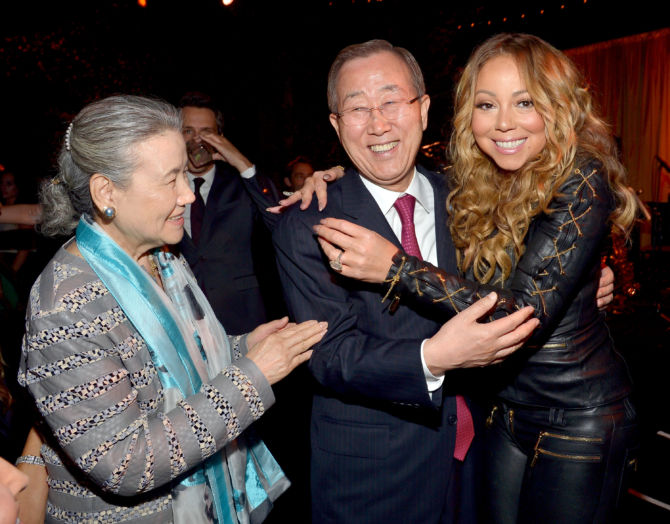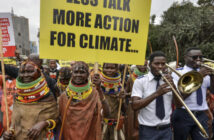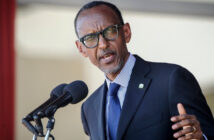On the International Day To End Violence Against Women, 25th November, UN Secretary-General Ban Ki-moon issued a statement discussing the continued plight of women globally, as well as progress in decreasing it.
“At long last, there is growing global recognition that violence against women and girls is a human rights violation, public health pandemic and serious obstacle to sustainable development,” he said in in a statement released on the UN website. “Yet there is still much more we can and must do to turn this awareness into meaningful prevention and response.”
“Violence against women and girls imposes large-scale costs on families, communities, and economies,” the secretary-general said in a statement. The net result “is enormous suffering as well as the exclusion of women from playing their full and rightful roles in society. The world cannot afford to pay this price. Women and girls cannot afford it – and should not have to, yet such violence persists every day, around the world.”
Ban’s statement highlighted specific examples of oppression women face and the well-documented negative effects that oppression against women has on national economies.
“When women cannot work as a result of violence, their employment may be put at risk, jeopardizing much-needed income, autonomy and their ability to leave abusive relationships,” he said. “The net result is enormous suffering as well as the exclusion of women from playing their full and rightful roles in society.”
Ban highlighted the UNiTE campaign to End Violence Against Women, a UN program that calls on governments to increase spending in key areas of the economy that prioritize women’s rights and civil society organizations. The program also raises funds for UN Women and the United Nations Trust Fund to End Violence against Women.

Actors Lynda Carter and Gal Gadot attend the Wonder Woman UN Ambassador Ceremony at United Nations on October 21, 2016
In 2016, the UNiTE campaign launched the 16 Days Of Activism Against Gender-Based Violence campaign, which spans from Nov. 25 to Dec. 10, in conjunction with Rutgers University. The campaign includes a number of lectures and meetings online and globally addressing various aspects of violence against women, such as female genital mutilation and misogynist narratives against women.
The secretary-general’s statement also addressed “Orange Day,” Nov. 25, part of a UN campaign to dedicate a day to raising awareness and asking supporters to wear orange as a public sign of support. “Today, we are seeing the world lit up in orange, symbolizing a bright future for women and girls. With dedicated investment, we can keep these lights shining, uphold human rights and eliminate violence against women and girls for good,” Ban said.
Some of the UN’s campaigns to defend women include training health and justice officials in Kenya and the Democratic Republic of Congo on justice for rape victims; addressing education regarding gender-based violence within the justice system in Jordan; and researching into the difficulties women face accessing the justice system in Myanmar.
Ban’s deputy special representative for Afghanistan and acting head of United Nations Assistance Mission In Afghanistan, Pernille Kardel, also released a statement addressing the needs of Afghan women in particular.
“It is essential that Afghan women and girls can fully exercise their freedom and contribute to the building of the nation, without the threat of physical harm,” Kardel said. “The public outcry about violence against Afghan women must lead to concrete social and legal change that protects and empowers women and girls.”
UN Women Afghanistan Country Representative Elzira Sagynbaeva said, “The most effective way to stop violence against women is to prevent it from occurring in the first place through laws and new social norms. We need to champion respectful relationships and promote women as nothing short of equal members of society. The only way we can achieve this is through long-term, sustainable efforts at all levels in society, working with everyone from individual women and girls, to men and boys, and to religious and community leaders.”




